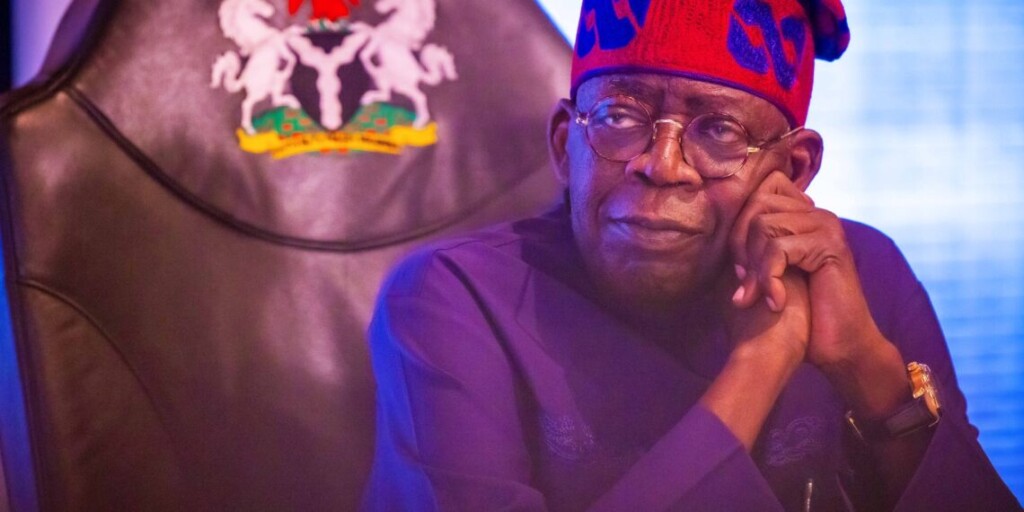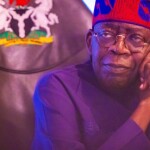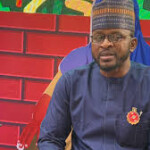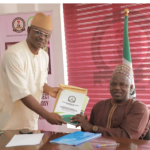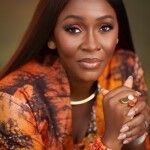President Bola Tinubu has a way with words on occasions. Consider his bromide on the 2024 International Women’s Day: “Women are pillars of wealth and power.” It packed meaning way more soothing than SGF George Akume could realize while delivering it.
Compare that with Women Affairs Minister Uju Kennedy’s. She doesn’t care a bit for ‘GBV’, ‘intimate partner violence’ and other advocacy/development lingos or niceties of speeches. “If a woman is maltreated by anyone,” she said, “we will come and make noise and tell Nigerians that a woman has been maltreated, come to our aid. I also tell women, ‘Don’t maltreat the men, too, because they are our children’.”
Sophisticated or not, both speeches highlight what the speakers think Nigerian women are: a much violated motherlode of potentials.
That is generally speaking.
But a segment of that gender population suffers more violence and privations. Unfortunately, Tinubu and his minister make no difference. They swept the women with disabilities (WWDs) along with the general women population. Yet every negative human development index—discrimination, poverty, disenfranchisement, rights abuse—recorded against women doubles when it comes to WWDs.
It’s somewhat hard to establish this dearth of development calibrations in percentages. All you can get are shopworn UN figures of poverty level among PWDs. The National Commission for Persons with Disabilities (NCPWD) and others have quoted that to death.
The Nigeria Bureau of Statistics also lacks these and other disaggregated data points; it could throw up general stats though—on poverty, unemployment, maternal-child mortality, domestic violence, education, and all others relating to women.
Advocacy organizations have been receiving grants and other forms of funding for empowerment, access, justice, and equality projects. They,too have never considered it important to disaggregate these generalized data to help focus better on WWDs. The CSOs feel comfortable quoting and relying on foreign figures to plan for and solve national and local problems WWD face in Nigeria and Africa. They sometimes prorate or juggle the stats.
This dereliction extends to regional bodies—development, advocacy, and even philanthropic organizations. Estimating the potentials and sufferings of WWDs becomes guesswork; and when it is going to cost a lot to guess, these bodies avoid the matter altogether.
Considering there are no well curated data and data points relevant to WWDs is disturbing enough. Imagining the consequences is worse. And that eyesore exists across all levels.
According to Kennedy, the Tinubu administration has been empowering trained women with equipment they need to move ahead. Take for granted the process is hit-or-miss as usual. It’s also a good bet the government is just doing it with no data guiding its organization. That must have even started all the way from the planning. And it is most likely the lucky women that benefited so far didn’t include those with disabilities. The chances of those minority women getting that ‘lucky’—in matters of their rights—are low. How would they have? No state has a database yet for PWDs—not to talk of disaggregated gender data points. To determine the number of trained WWDs then becomes a problem. So does the planning for them. And in the long run, the selection, if any, will be on disability cluster bases. This relies largely on informal connection and network. The most deserving of them get left out this way.
This pattern stands glaringly in the Lagos Tradermoni scheme where women leaders randomly chose market women that benefitted from the fund. Nobody remembered struggling WWDs that are traders. Ditto for other enterprise programmes in the so-called most disability-sensitive state and others.
This happens all the time—not only in empowerment, but also planning, emergency, politics, and other aspects of society in which women have the rights to participate.
Maybe this seems like pushing too hard for WWDs. So be it. Nigeria’s Discrimination Against Persons With Disabilities (Prohibition) Act 2018—and even the sub-national disability laws—gives PWDs such precedence. But the government itself doesn’t bother to abide by it. Moral obligation also demands society looks after its vulnerable members, especially women and girls.
The government knows all this. It knows to call women by fine names, too. But it goes beyond great turns of phrase. The government must drill down in its exploration of the potentials and abilities of all shades of women; it must also reach farther down in plumbing the depths of their pains and sufferings, including those of the WWDs.
After then President Tinubu will need to break no sweat convincing Nigerians women are what he calls them: pillars of wealth and power.

